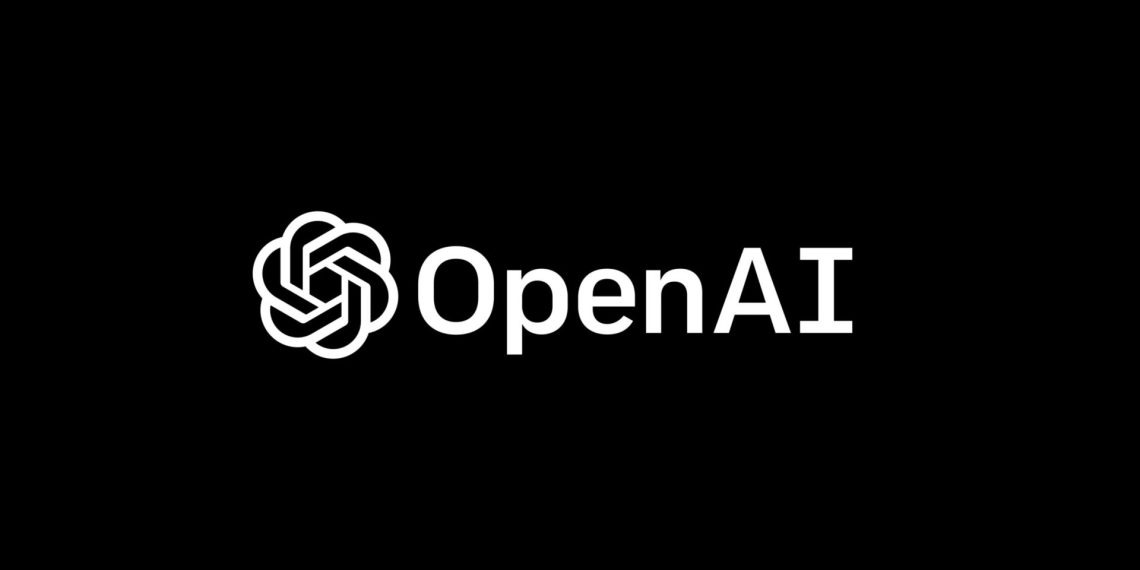OpenAI, the AI giant renowned for ChatGPT, has strategically launched a Windows desktop application for its chatbot, signaling a pivotal moment for businesses looking to enhance productivity. This new addition, following the macOS version, integrates seamlessly into daily workflows, offering unprecedented convenience and efficiency.
OpenAI’s Windows app, available to ChatGPT Plus, Enterprise, Team, and Edu subscribers, empowers users to access AI assistance through a simple keyboard shortcut (Alt + Space) anywhere on their PC. This integration eliminates the need to switch to a browser, thereby streamlining operations and boosting productivity.
The strategic introduction of desktop applications indicates OpenAI’s ambition to embed ChatGPT as a core component of professional environments. Beyond mere convenience, this move aims to increase user engagement and optimize data collection, positioning ChatGPT as a vital tool for knowledge workers.
By integrating ChatGPT deeply into business workflows, OpenAI is reshaping traditional office dynamics, potentially positioning their AI as a foundational productivity tool. This strategy could disrupt existing enterprise software markets, particularly as OpenAI expands partnerships, like its collaboration with Bain & Company, to market ChatGPT to a broader business audience.
While this expansion presents significant opportunities, it also brings challenges. OpenAI must balance its commercial ambitions with ethical considerations, addressing concerns about potential biases in AI models and societal impacts. The company’s status as a capped-profit entity adds complexity to its mission of benefiting humanity while pursuing market dominance.
In conclusion, OpenAI’s desktop strategy could redefine how businesses operate, making ChatGPT an integral part of daily tasks. As this technology becomes more embedded in professional settings, the focus on ethical AI deployment and its role in shaping future business landscapes remains crucial. Business leaders should consider how integrating such AI tools can drive innovation and efficiency, while also being mindful of the broader implications.









